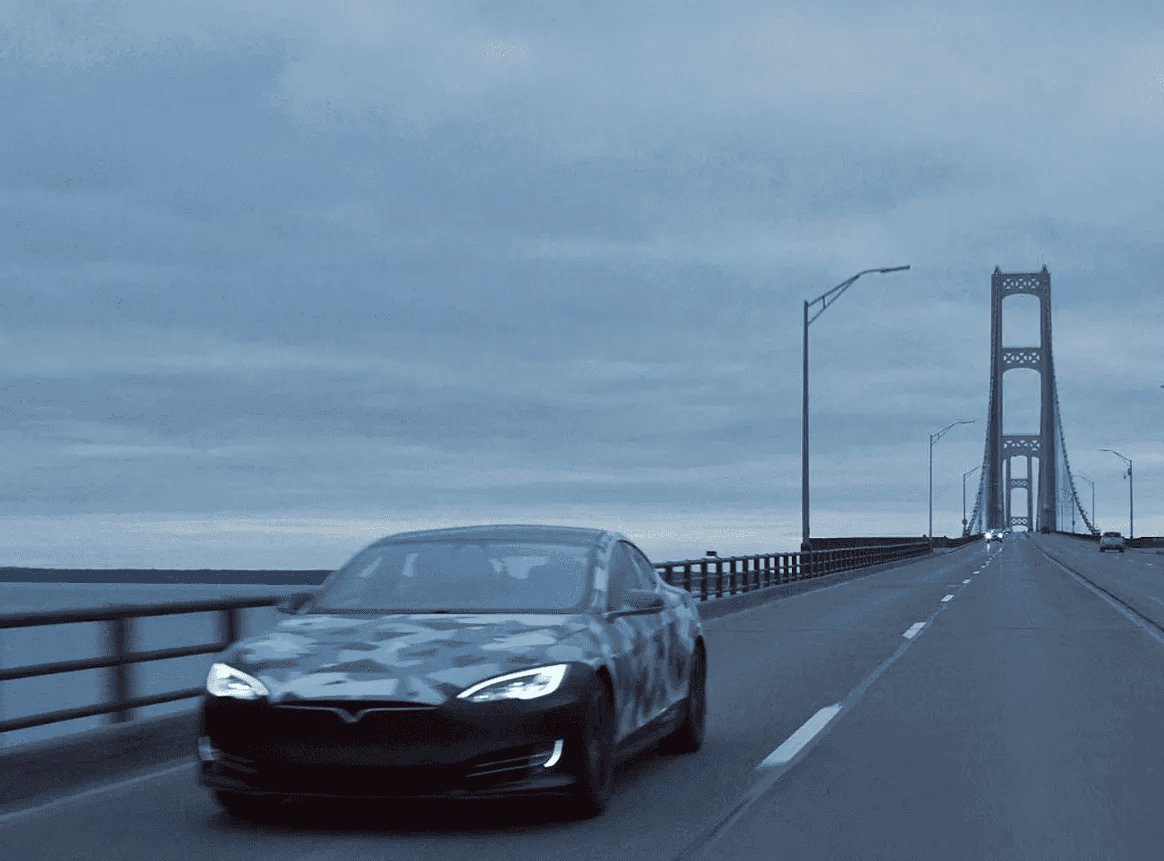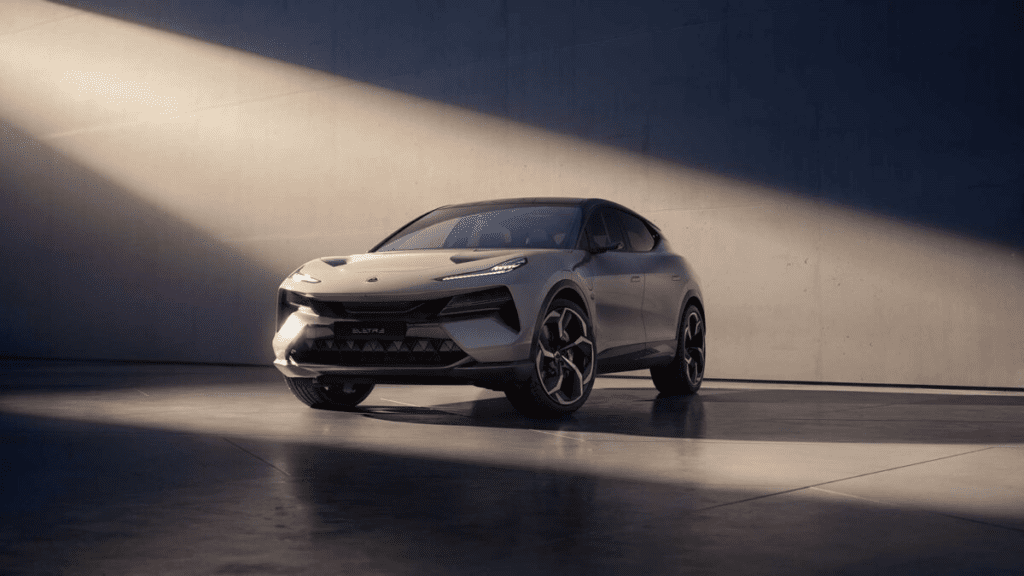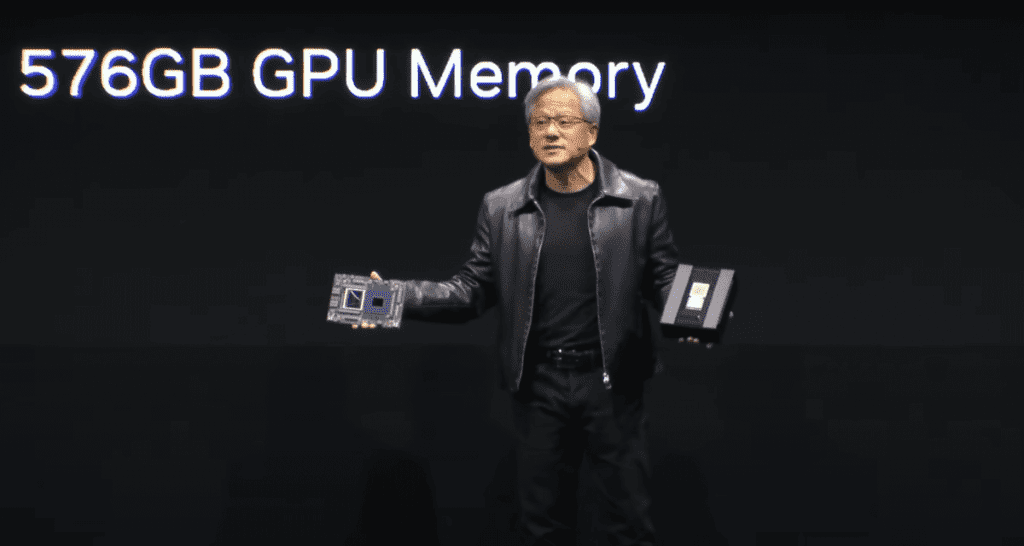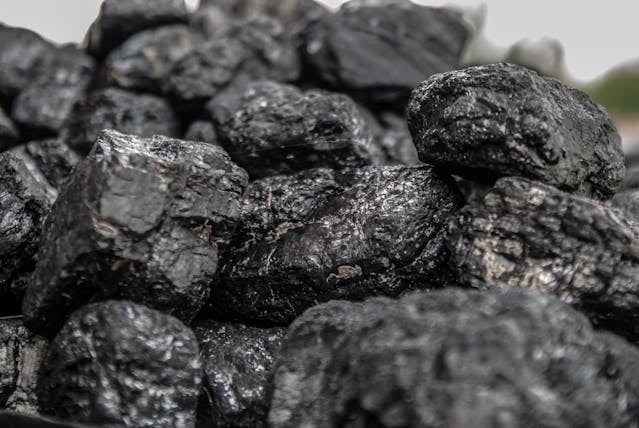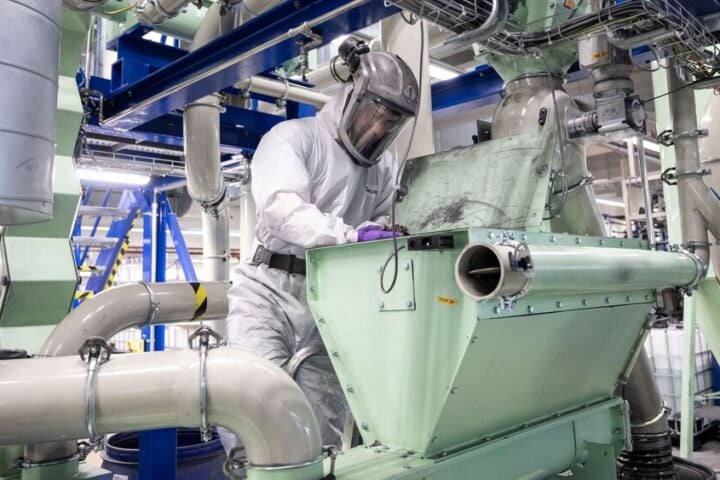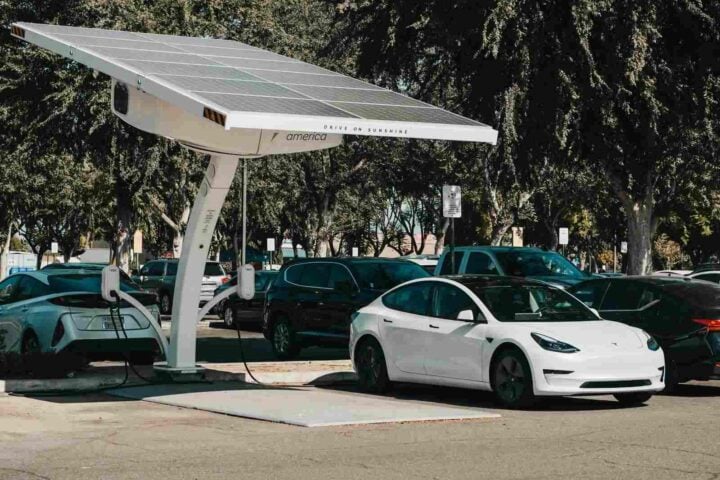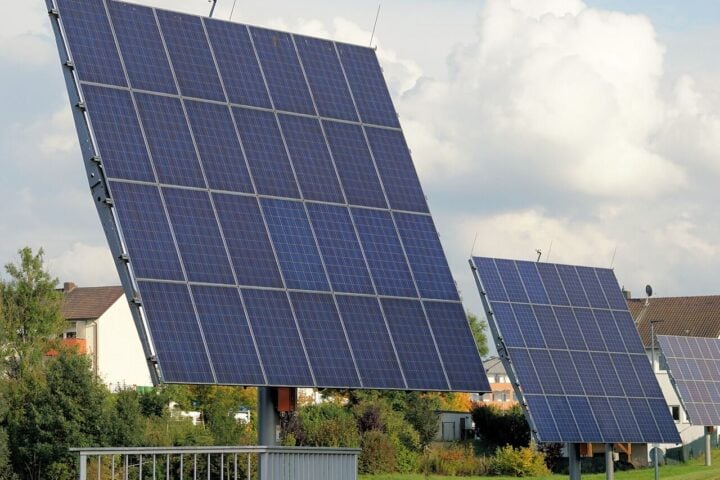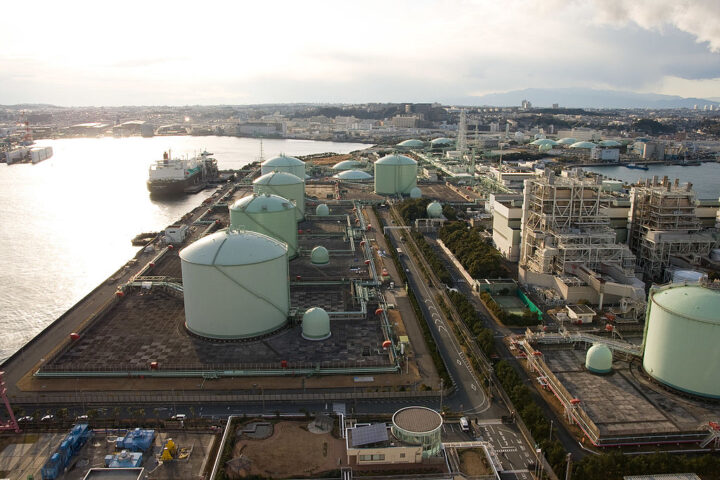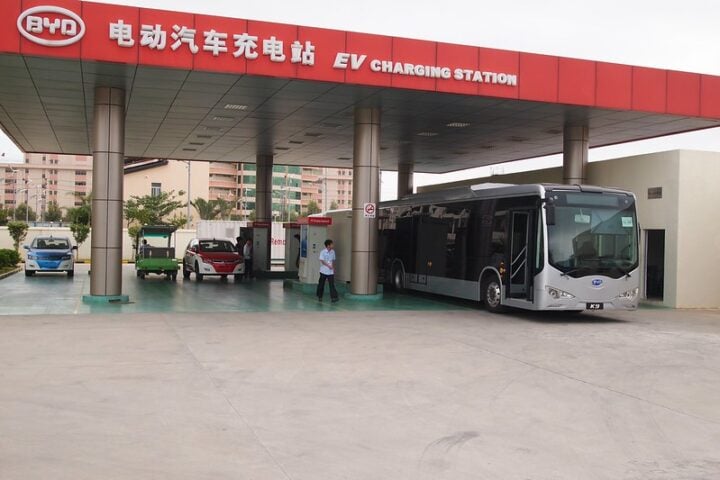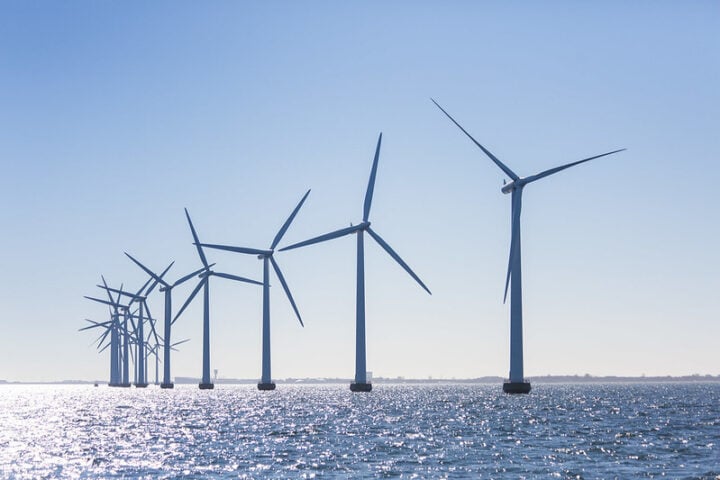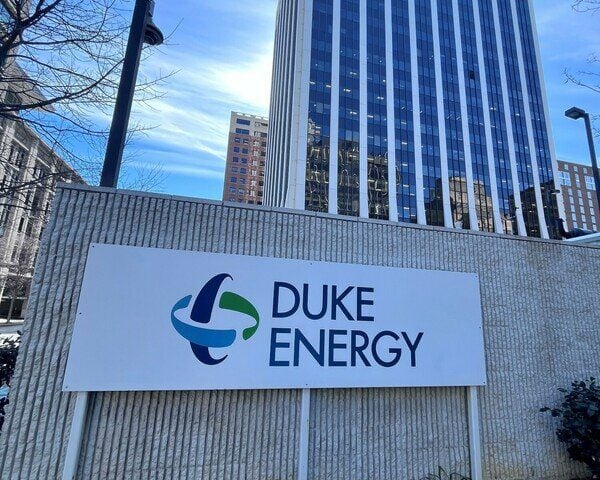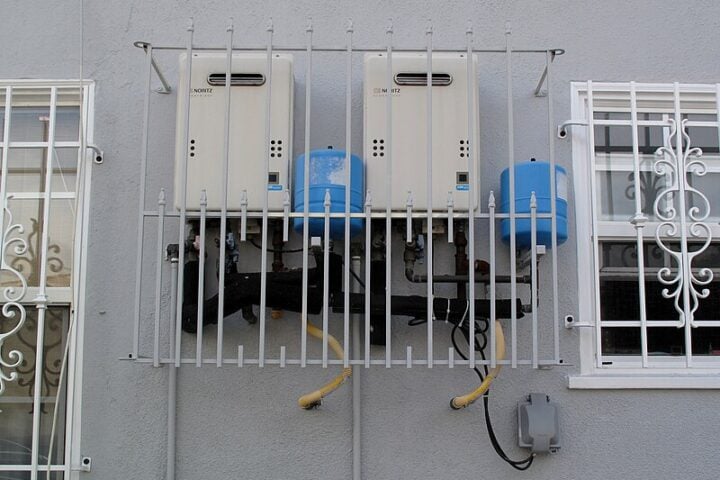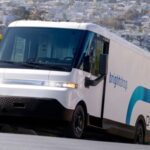Range anxiety has been a persistent concern among electric vehicle (EV) owners, despite advancements in battery technology. One Next Energy (ONE) aims to eliminate range anxiety with their experimental lithium iron phosphate (LFP) batteries. By replacing the Tesla Model S P100’s lithium batteries with their LFP batteries, ONE claims a groundbreaking 700-mile range without recharging.
The battery pack used, called Gemini, features a “dual chemistry” design with LFP cells and anode-free battery cells joined together. Traditional batteries use graphite or silicon as the anode material, but ONE’s approach creates the anode during battery formation. ONE’s innovative battery technology offers a 185-kWh pack with an efficiency of 450 watt-hour per liter (Wh/L).
This technology allows a Tesla Model S-sized vehicle to reach an expanded range of nearly 600 miles on a single charge. The experimental Gemini battery, when installed in a Tesla Model S, allowed it to travel 752 miles on a single charge. Tesla’s Model S is considered a high-range electric vehicle, and depending on the configuration, it can reach up to 405 miles on a single charge.
ONE installed their battery system in a Model S to showcase its capabilities and achieved an impressive range of 752 miles. A third-party validation of the range test using a vehicle dynamometer confirmed the Model S’s 882-mile range at 55 mph. The Gemini battery effectively doubled the range of the Tesla Model S P100, offering an unprecedented 700+ mile trip.
The road trip took place in Michigan, passing through various cities and highways, including Detroit, Saginaw, and Flint. The entire 752-mile trip was completed on just one charge, with a discharge rate of around 20 kW in cold weather conditions. ONE further validated the results by conducting a test run on a dyno facility, where the Model S achieved 882 miles of range.
The battery’s energy density is 416 Wh/L, compared to the original pack’s approximately 245 Wh/L, using Nickel-Cobalt-Manganese cathode and graphite anode. ONE plans to change the chemistry of the Gemini battery, employing a graphite-free anode and a Nickel-Cobalt-free cathode for improved energy density.
Similar Post
The company intends to produce a production prototype of their cell by the end of next year, with the Gemini battery set for production by 2026. Despite the impressive range, the commercial viability of the solution and the battery pack’s longevity remain important considerations. The Gemini battery aims to provide a cost comparable to current nickel-cobalt lithium batteries while eliminating the use of cobalt. Eliminating cobalt from battery production is significant, as it addresses concerns related to human rights abuses and exploitation in cobalt mining.
ONE’s approach also emphasizes recycling techniques to extract materials like lithium from older batteries, reducing the need for new mining. The ability to achieve over 600 miles of range in a production car has garnered serious interest from original equipment manufacturers (OEMs). Extra range in EVs not only alleviates range anxiety but also has the potential to make electric cars more affordable and encourages their adoption in the automotive industry.
